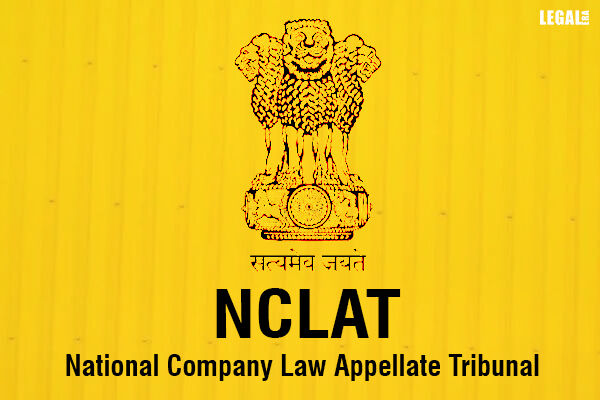
Financial Statements Prevail Over Term Sheet; NCLAT Allows Unilateral Set-Off
Introduction
The National Company Law Appellate Tribunal (NCLAT) has upheld the unilateral set-off by a corporate debtor against a financial creditor, despite the term sheet excluding such set-off. The tribunal held that the financial statements, audited and signed by the nominee director of the financial creditor, clearly mentioned the set-off and absence of any outstanding debt.
Factual Background
The financial creditor filed a petition under Section 7 of the Insolvency and Bankruptcy Code (IBC), seeking initiation of Corporate Insolvency Resolution Process (CIRP) against the corporate debtor. The corporate debtor had made a partial payment of Rs. 1.35 Cr out of the due amount of Rs. 2 Cr, and the remaining amount along with interest totaled Rs. 1,00,12,157.
Procedural Background
The National Company Law Tribunal (NCLT), Mumbai, rejected the petition, and the financial creditor preferred an appeal before the NCLAT.
Issues
1. Unilateral Set-Off: Whether a corporate debtor can unilaterally claim set-off against a financial creditor despite the term sheet excluding such set-off.
2. Prevalence of Financial Statements: Whether the approved financial statements would prevail over the term sheet in case of a conflict.
Contentions of the Parties
Appellant’s Contention: The appellant argued that the term sheet explicitly excluded set-off rights towards the receivable from the financial creditor. The corporate debtor’s unilateral claim of set-off was not permissible under the IBC. The appellant also submitted that the NCLT’s reliance on equitable principles was misplaced and against the frameworks of the IBC.
Respondent’s Contention: The respondent submitted that the financial statements, where the set-off was claimed, had been duly signed by the director of the appellant, making the objection meritless.
Reasoning & Analysis
The bench of Justice Ashok Bhushan (Chairperson) and Barun Mitra (Member-Technical) observed that the financial statements of the corporate debtor showed ‘NIL‘ loan liability to the financial creditor and receivables from the same creditor. The tribunal held that the approved financial statement would prevail over the term sheet, even if it expressly prohibited set-off. The bench also noted that there was a dispute between the shareholders of the financial creditor and the corporate debtor.
Implications
The NCLAT’s decision clarifies that a corporate debtor can claim unilateral set-off against a financial creditor, even if the term sheet excludes such set-off, if the financial statements clearly mention the set-off and absence of any outstanding debt.
Conclusion
The NCLAT’s judgment in this case highlights the importance of financial statements in determining the rights and obligations of parties under the IBC. The decision ensures that the approved financial statements would prevail over the term sheet in case of a conflict.
In this case the appellant was represented by Mr. Darpon Wadhwa, Sr. Advocate with Ms. Petrushka Das Gupta, Mr. Mridul Yadvy, Mr. Kewal Buddhev and Mr. Anand Singh Sengar, Advocates. Meanwhile the respondent was represented by Mr. Kunal Kanungo, Ms. Tanushree Sogani and Mr. Atishay Jain, Advocates.